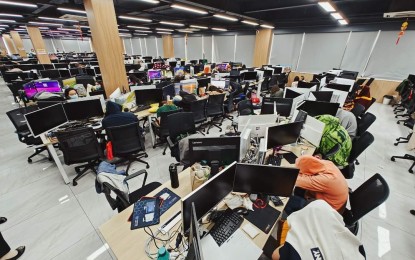
The Department of Justice (DOJ) hosted a high-level meeting led by multiple relevant agencies to discuss the implementation plan for the total ban on POGO. The participating agencies included the Department of Labor and Employment (DOLE), the Philippine Amusement and Gaming Corporation (PAGCOR), the Presidential Anti-Organized Crime Commission (PAOCC), and the Bureau of Immigration (BI).
According to the DOJ, the task force aims to establish a set of streamlined guidelines to ensure a nationwide total ban on POGO operations while considering the welfare of the workers.
Alejandro H. Tengco, the chairman of PAGCOR, warned that the biggest challenge for the task force in eliminating POGO would start from January 1, 2025, as it is expected that POGO operators will use various "dirty tactics" to hide their illegal businesses.
The DOJ also noted that as of now, 41 licensed POGOs have expressed their willingness to completely cease operations by the end of the year. All foreign POGO workers must voluntarily repatriate by October 15, 2024. From October 16, the affected foreign POGO workers' 9G visas will be downgraded to tourist visas, and they will need to leave the Philippines within 60 days or face deportation.
Justice Minister Jesus Crispin Remulla stated that the task force will continue to work closely with all parties under the president's guidance to ensure the smooth implementation of the POGO ban by the end of the year.
He emphasized, "Under the president's guidance, we can now fully enforce the law against these unwelcome social elements."










